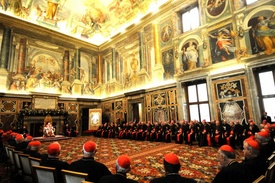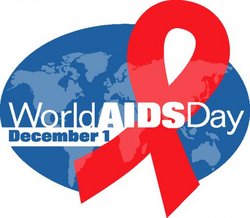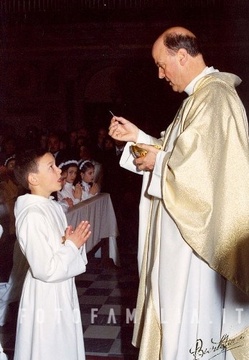We’re all askingthe theodicy question. How could one -even person of solid faith in Providence–not ask why natural evil happens and why God permits it. In a recent interview Zenit asked the head of the Papal Charitable office, Cor Unum, Josef Cardinal Cordes, about the Haitian earthquake. As a first glance at the matter the Cardinal names something important, namely, if you claim to understand God, then your claim has nothing to do with the personal God of Christianity and that the Christian continues to believe God’s goodness in the face of suffering. Hard ideas to grasp. BUT it is a beginning.
ZENIT: How much does people’s faith help them through a catastrophe such as this?
Cardinal Cordes: The faith of the people who have suffered in this disaster will play a critical role in not only
bringing relief to their physical injuries and losses, but also in addressing the spiritual dimension and meaning to be found in such a catastrophe. In visiting disaster areas before and talking with survivors, many express their gratitude to God for sparing their lives and for the generous outpouring of assistance made available to them by family, friends, neighbors, and Churches worldwide. Because of the large Catholic population (80% of Haitians are Catholics), faith and the concrete presence/witness of the Church will have a very important role in the present tragedy.
Our Pontifical Council Cor Unum had already planned that the next meeting of the Populorum Progressio Foundation would take place in Santo Domingo this coming July. The foundation, established by Pope John Paul II, is to help the indigenous peoples of the Latin American and Caribbean countries. In the past, we have given much help to Haiti and we shall continue to do so. Of course, our spiritual closeness is of primary importance. We shall be certain to celebrate the Holy Eucharist on that occasion with bishops coming from different countries of Latin America and the Caribbean.
Without faith, this tragedy would turn into a complete disaster. That is why it will be essential for our brothers and sisters to pray together; experience Christians worldwide sharing their burdens as members of God’s family; know the compassion of our Holy Father. All these become sources of hope and energy. In His first encyclical, Deus Caritas Est, Pope Benedict invites us to recall “St. Augustine who gives us faith’s answer to our sufferings: ‘Si comprehendis, non est Deus’ — ‘if you understand him, he is not God.'” The Holy Father adds: “Even in their bewilderment and failure to understand the world around them, Christians continue to believe in the ‘goodness and loving kindness of God’ (Titus 3:4)” (No. 38).
ZENIT: Will good come from this tragedy?
Cardinal Cordes: This is a disaster that has caused immense loss of life and suffering. Many years will be needed for the nation to be rebuilt physically and the people to recover in their spirits. For this reason, the Church must remain present even as others move away.
But already we see good rising from the ruins. The eyes of the world are being open to the poorest country in the Western hemisphere, whose long suffering was all but forgotten. This tragedy shows that we depend on each other and must care for our suffering brothers and sisters, just as we did during the Tsunami and Hurricane Katrina. So we must ensure that the necessary assistance now being shown to Haiti continues in the long-term, for example through setting up better local Caritas structures and links with government development
ministries of wealthier countries and help agencies.
We are witnessing and hearing of many selfless and heroic acts made to save lives and to rescue those in danger. There are still thousands of others, who, coming from all over the world and without any accolades, are dedicating themselves to helping whoever is in need. People are being moved to give of themselves spiritually and materially to help the poor and suffering. In the coming days and weeks, I am convinced that we shall encounter in the midst of this catastrophe many examples of goodness.
Above all, it is with trustworthy hope in the Crucified and Risen Lord Jesus that Christians face the present. In his encyclical Spe Salvi, Pope Benedict speaks of the sufferings of this moment being borne through hope in the future. It is not that Christians know the details of what awaits them, but they know in general terms that their life will not end in emptiness: “Only when the future is certain as a positive reality does it become possible to live the present as well” (Spe Salvi, 2).


